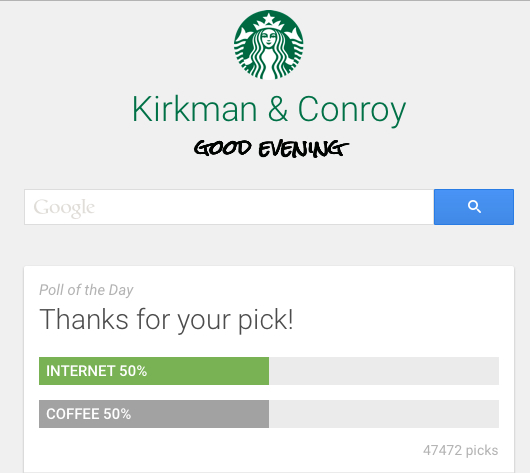All Posts, Web Design, Web Development
When a new website is completed and launched, there is a great sense of relief and jubilation from my design firm. All the extra work we put into a project feels like it was so worth it. Almost like we could have done it for free had we been given the chance. Hearing...


